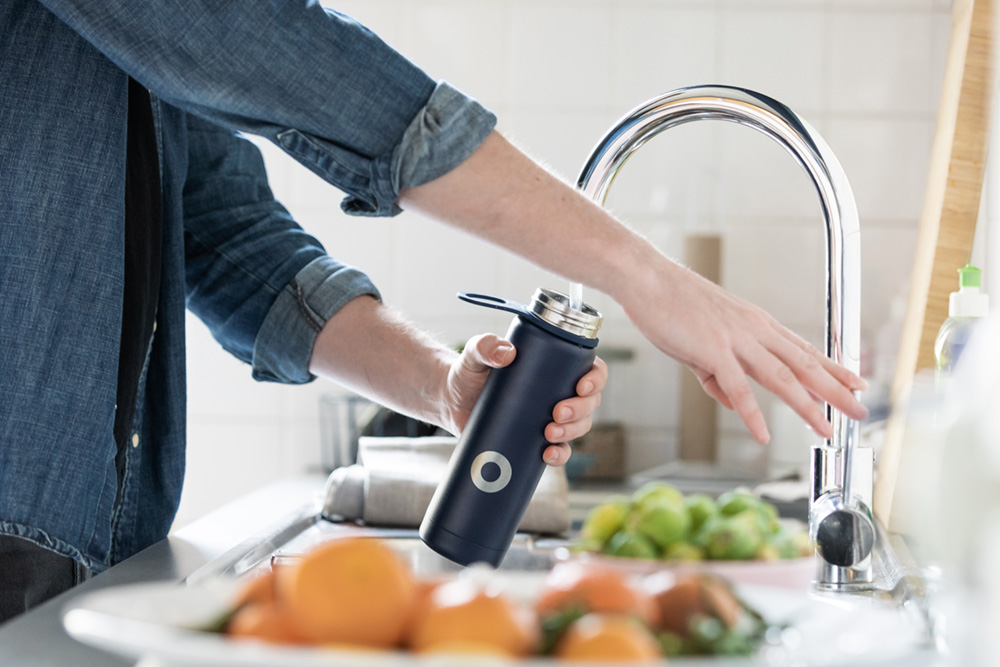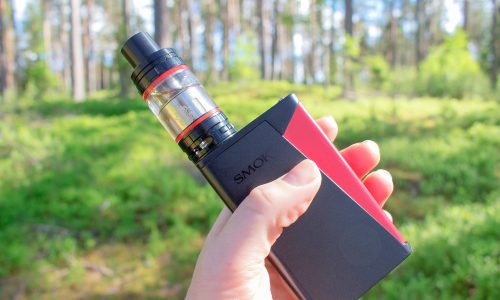
SHOCKING Truth You Should Know About Your Drinking Water
Wendy Miller via NaturalHealth365 – Too many people believe that since our drinking water is readily available and clear, it contains few to no contaminants. The fact is, almost 41% of our water supply that comes from wells contains some type of pesticide or other contaminants.
Close to one-third contains some type of pesticide degradates. Degradates are produced as pesticides transform into various other compounds. Both pesticides and degradates can have a disastrous effect on a person’s health. There are solutions, however.
How Pesticides Make Their Way Into Your Drinking Water
Pesticides are applied to agricultural fields to reduce the risk of potential loss due to various types of pests. The problem is that the pesticides are washed off of the plants and into the ground. Rain and melting snow then carry them along the ground’s surface to lakes, streams, rivers, and ponds.
Precipitation also carries the pesticides deep into the soil where it reaches our groundwater supply. Once it enters the aquifers and wells, it is then drawn up through pumps into our city water supplies. It is also drawn into the wells that supply rural homes.
Pesticides Are More Prevalent Than You Think
Even though many think that pesticides are only a problem in rural areas, pesticides are also sometimes found in the aquifers that support larger communities. Both pesticides and degradates can make their way into almost any water supply simply by following the path that water takes.
Spraying is not the only way pesticides are applied. Aerial applications can spread pesticides much farther than their designated target area. This means the pesticides can be carried by the wind just as much as the water carries them. As a result, the migration patterns of pesticides are widespread no matter how it is transferred.
Let’s Take a Closer Look at Pesticides in Groundwater
There are four common herbicides found in groundwater samples. They include prometon, atrazine, tebuthiuron, and hexazinone. In addition to these pesticides, many mixtures of the four show up in various concentrations in aquifers and other surface bodies of water.
Even though maximum contaminant levels have been established when it comes to pesticides, there are no real water quality benchmarks to go by. The Environmental Protection Agency has yet to develop definitive limits on when MCL’s actually become harmful to humans.
What Can Be Done to Minimize Pesticides in Drinking Water?
The introduction of organic practices in land management is a good start when it comes to cleaning up our water supply. Organic and regenerative agricultural practices will help reduce the number of pesticides being used and limit the number of chemicals that end up in our water supplies.
As water moves through the soil on its way to the aquifer, a small portion of the chemicals and pesticides are filtered out. With fewer pesticides being used, less will eventually be found in our drinking water.
The next time you draw a glass of water from the tap, think about how you can improve the water quality in your area. Find out what organic and regenerative agricultural practices are being used in your area. Learning as much as you can about what impacts our drinking water can be an eye-opening experience.
And, of course, make sure – if needed – that you’re using a good water purification system or drinking a clean source of natural spring water.
Sources for this article include:
To read the original article click here.
For more articles from NaturalHealth365 click here.






